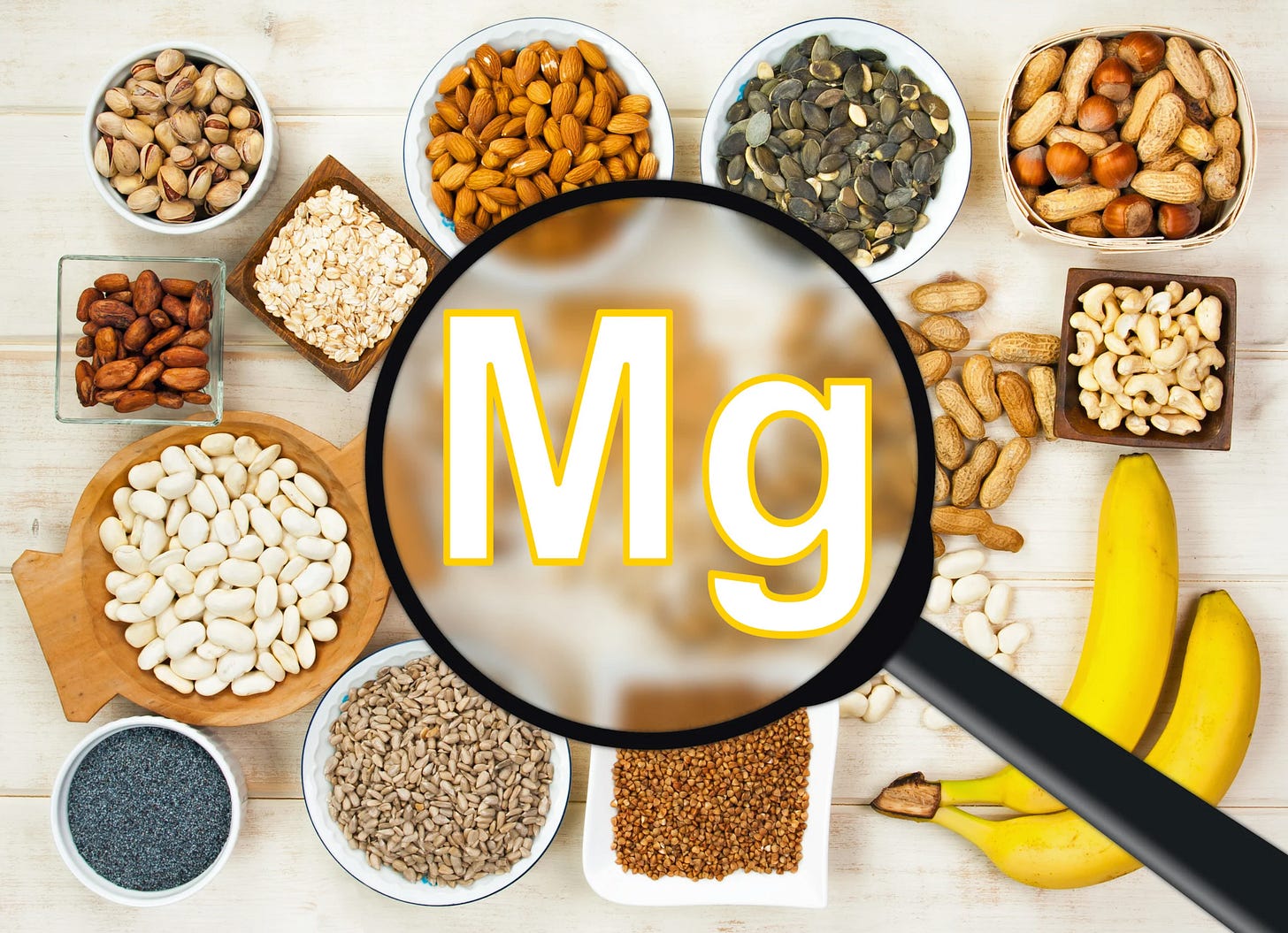5 Natural Sleep Aids That Actually Work
Sleep isn’t optional—it’s the foundation of health.
Did you know sleeping less than 6 hours a night raises your risk of heart disease, adds extra pounds, and weakens your immune system?
Sleep isn’t optional—it’s the foundation of health.
Poor sleep isn’t something you have to live with.
If you’re lying awake at night, these 5 natural remedies could change everything.
Your body, brain, and mood will thank you.
1. Melatonin: Your Body’s Natural Sleep Cue
When it gets dark, your brain naturally produces melatonin to help you fall asleep. But if you need to sleep quickly—whether you're adjusting to a new time zone or working irregular shifts—a couple of melatonin tablets can speed up the process.
Just remember: melatonin is no cure-all. Most cases of chronic insomnia are best handled through behavioral approaches, and it is wise to seek the advice of a physician before using the supplement long-term.
2. Magnesium: Proven to Help You Sleep Faster
About 60% of adults in the U.S. don’t get enough magnesium, a mineral essential for relaxation.
This calming mineral helps relax both your mind and muscles, making it easier to drift into restful sleep. Studies show that magnesium supplements can help adults fall asleep 17.3 minutes faster and improve sleep quality as well.
But remember: too much of it might upset your stomach! Please be cautious with how many magnesium supplements you take.
3. Valerian Root: Time-Tested Sleep and Anxiety Relief
Valerian root isn't just a new fad. It has been used for thousands of years by people seeking better sleep and relaxation. Recent research shows valerian root supplements can definitely improve sleep quality and make it easier to fall asleep.
It's important to note that for most people Valerian root is safe, but it shouldn’t be taken with alcohol or other tranquilizers. Also, if you’re allergic to plants like ragweed, check with your doctor before using it.
4. Lavender: Aromatherapy Backed by Sleep Science
Lavender oil doesn’t just smell amazing—it can actually help you sleep better.
Studies show that inhaling it at bedtime can improve sleep quality, especially when paired with a consistent routine.
5. Vitamin D: Sunshine Helps You Sleep
Vitamin D isn’t just good for your bones, it can help you sleep better too. Low levels have been linked to poor sleep quality and even mood swings.
A little vitamin D—either from a supplement or early morning sunlight—can make a big difference in your sleep and your mood.
Before Reaching for Supplements...
Start by winding down your day. Take it easy. Try to relax.
Make your bedroom a cozy, quiet retreat and ditch the screens as well as that late-night coffee. Sticking to the same sleep and wake times every day can completely transform your rest.
If you’re still having trouble, talk to a trusted healthcare professional for the most effective solutions tailored just for you.
This article was a concise and reader-friendly version of a report originally published by The Epoch Times. Key details were streamlined for clarity and impact. For the full article, visit their website.








